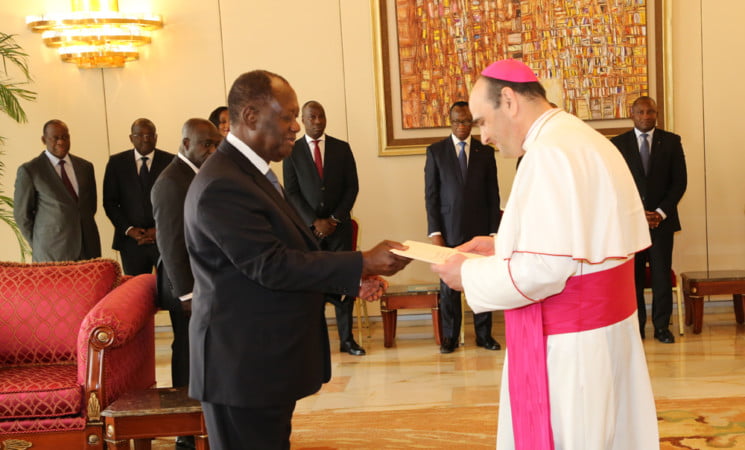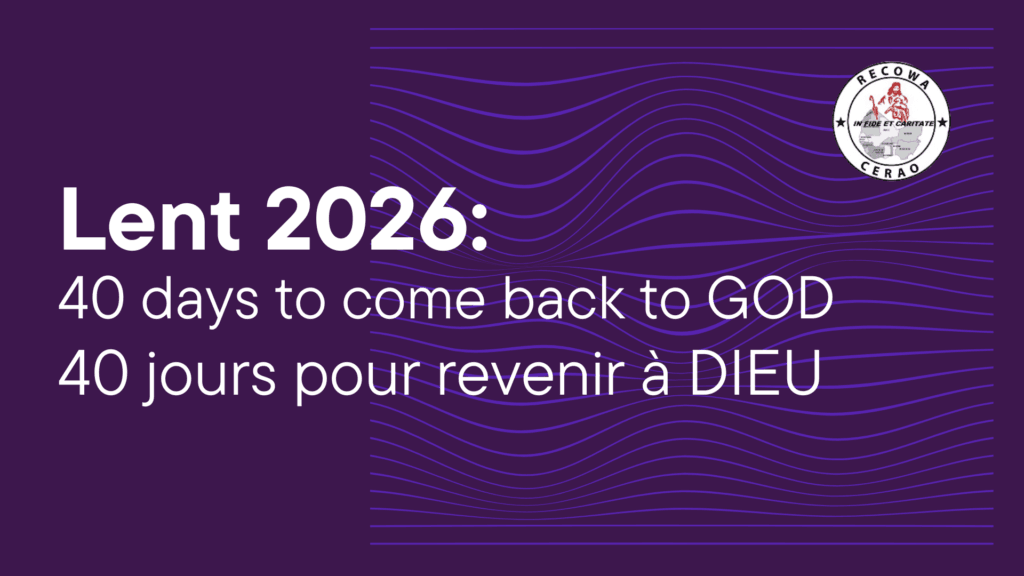The researchers crew at the head office of RECOWACERAO NEWS AGENCY, RECONA had observed to our dismay that the ancient Jesuit sex abuse scandal in Bolivia could be used politically to repress the Church. Our researchers gathered that one year after the Spanish newspaper El País published the report “Diary of a Pedophile Priest,” which recounted the sexual abuse of minors committed in Bolivia by the deceased Jesuit priest Alfonso Pedrajas, journalists from ACI Prensa, CNA’s Spanish-language news partner and finally RECONA, went to the South American country to look into the political implications of the case, how the scandal has affected the Church’s image in Bolivia, and the response of the civil justice system.
Pedrajas, better known as “Padre Pica,” arrived in South America in the early 1960s as part of his formation process with the Jesuits. For 10 years he lived in Peru and Ecuador, where he allegedly committed his first abuses while still a seminarian, and in 1971 he settled permanently in Bolivia.
There the Society of Jesus appointed him assistant principal of the John XXIII Institute, a boarding school whose mission was to form the most prepared students in the country, with a special preference for those immersed in poverty.
Three years later, Padre Pica would become the school’s principal, where he reportedly sexually abused more than 80 minors over almost 30 years.
Since the scandal broke, both the Jesuits in Bolivia and the Bolivian Bishops’ Conference have worked to cooperate with the justice system and elicit complaints from victims. Several initiatives were also launched to guarantee that victims would be heard and supported.
In this context, lawsuits began to be filed implicating several Jesuit priests for abuses committed decades ago, and even a class-action complaint was filed by a group of former students of the John XXIII Institute against the current provincial of the Society of Jesus in the country, Father Bernardo Mercado, who is currently under investigation by the justice system.
Regarding the Bolivian Senate’s move to pursue the abuse cases by creating a Special Truth Commission, the Bolivian Bishops’ Conference charged that the Senate’s work “has been very biased” due to attempts to politically instrumentalize it and because of pressure from the majority ruling party.
One of the senators on the commission, Nelly Gallo Soruco, a member of the opposition-leaning Citizen’s Community party, spoke with ACI Prensa about the work they have carried out in recent months and the steps to follow in the future.
The main objective of the Special Truth Commission is to conduct an investigation and then submit a report that will be made available to the president of the Senate. Gallo strongly emphasized that the commission has no power to impose criminal penalties or administer justice.
“The special commission,” Gallo explained, “was formed as a result of the concern that arose after the publication in Spain of the El País report.” The commission began operating in June 2023, she said.
The Citizen’s Community party member began to be part of the commission due to the fears that her party had about the “possible manipulation for political purposes” of abuse cases in the Church. In total, there are six senators on the commission, three of whom belong to the Movement Toward Socialism (MAS) party, historically related to former Bolivian president Evo Morales.
“There was a susceptibility that the majority could [manipulate] the commission has an objective. By the time I joined, several interviews had already been conducted with those involved, among them the former students of the John XXIII school and the ombudsman,” Gallo said.
The senator noted that while she was present the commission also interviewed Pedro Lima, a controversial and well-known media figure in Bolivia, a MAS sympathizer, and a former Jesuit.
Lima has repeatedly charged that he was expelled from the Jesuits when he decided to report cases of abuse. For Gallo, Lima is a person who has “a very strong feeling against the Church.” ACI Prensa contacted Lima to get his take on the case and the senator’s statements, but he declined to comment.
Gallo also stressed the importance of realizing that the issue of abuse is “sensitive and must be treated carefully”; “unfortunately it’s very common” in Bolivian society, she said, and “the authorities aren’t paying much attention to it.”
Furthermore, she added that many of the laws protecting minors “are not fully complied with or are not functional.”
“We need this commission to fulfill that role, that of enforcing legislative regulations and not manipulating them in a political-partisan way. It should proceed with the respect that the victims and the religious institution deserve, within which these very painful situations of abusing children arose,” Gallo said.
The legislator pointed out: “We have seen that the Church and the Society of Jesus have been very open and have had no intention of hiding anything; that has been a great help in being able to remove any thoughts of complicity.” Gallo categorically stated that “the Church is not guilty of the individual actions of its members.”
“We are firm defenders of freedoms and human rights, especially religious freedom. We need churches to be a center of trust for the free exercise of faith,” the senator said.
The truth is that religious freedom in the South American country is increasingly threatened and many commentators are beginning to express their concern.
The “Pedrajas Case” and the various complaints that followed could be the perfect excuse for the government to openly and definitively attack the Bolivian Catholic Church.
“We are concerned that these deplorable cases may be used to politically persecute the Church,” Gallo reiterated.
The abuse crisis in Bolivia continues to cast a shadow on the Catholic Church in the country, especially regarding the victims, who seemed to have sought answers and justice in vain. As the investigations progress, and despite the efforts of the Church, everything seems to indicate that the road ahead will be very long.
In a panorama where faith is faltering, Bolivia faces a painful crossroads in which the search for solutions seems to be trapped in a vicious circle of mistrust, legal loopholes, economic interests, and political pressures.
- CATHOLIC ARCHBISHOP IN GHANA HAILS POPE LEO XIV AS GOD’S GIFT - 23 mai 2025
- POPE LEO XIV TO APPROVE CANONIZATIONS - 22 mai 2025
- THE EVOLUTION OF PAPAL TRANSPORTATION - 20 mai 2025







